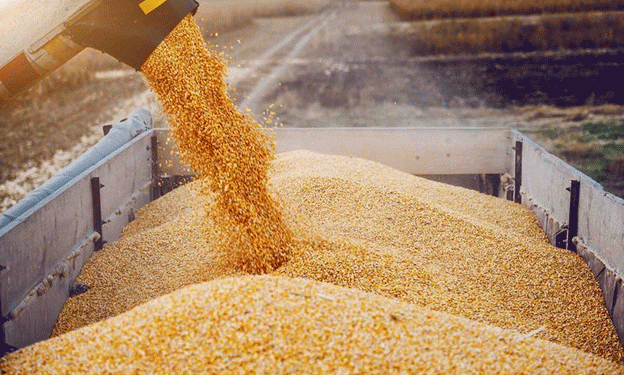The global agricultural market is witnessing a notable expansion as Russian wheat makes its debut in Nigeria, marking a pivotal moment in international trade. This first shipment from the port of Vysotsk in Leningrad Oblast signifies not only the growing demand for Russian wheat but also the meticulous efforts involved in ensuring quality and safety for international standards.
Russian Wheat: Meeting International Standards
In 2024, Russian wheat exports have reached new heights, with shipments being sent to over ten countries, including Belgium, China, Italy, Mali, Turkey, Morocco, India, Jordan, Brazil, Cuba, Tunisia, Mexico, and Algeria. The recent export to Nigeria is particularly noteworthy, as it underscores the versatility and competitiveness of Russian wheat in the global market.
The quality assurance process for the wheat destined for Nigeria was rigorous. The St. Petersburg branch of the Federal State Budgetary Institution “Grain Quality Assessment Center” conducted comprehensive evaluations, including assessments of quality, safety, and fumigation of the wheat batch. According to their findings, the exported wheat met the specific requirements of the Federal Republic of Nigeria. The shipment was accompanied by a suite of essential certifications, including:
- Safety and Quality Certification: Ensures that the wheat is free from harmful contaminants.
- Non-GMO Certification: Confirms the absence of genetically modified organisms.
- Phytosanitary Certificates: Verifies the health and quarantine status of the product.
These certifications play a crucial role in gaining the trust of international markets and facilitating smoother trade relations.
Export Statistics and Market Insights
From the beginning of 2024, approximately 746,000 tons of grain have been examined for export, with soft wheat comprising a significant portion—around 452,000 tons. This expansion into new markets aligns with Russia’s strategy to enhance its position as a leading global grain exporter. The successful entry into the Nigerian market opens avenues for increased trade partnerships and diversification of export destinations.
The 22nd batch of wheat shipped in 2024 to Nigeria not only adheres to the safety and quality standards but also reflects Russia’s commitment to fostering international agricultural relations. Such initiatives could lead to improved economic outcomes for Russian farmers and exporters, ultimately benefiting the broader agricultural sector.
The successful export of Russian wheat to Nigeria marks a promising development in the global agricultural landscape. By adhering to stringent quality standards and certifications, Russian exporters have positioned themselves as reliable suppliers in emerging markets. As the demand for high-quality grain continues to grow, the Russian agricultural sector is poised for further expansion, potentially leading to enhanced trade relationships and increased economic stability for farmers and agronomists alike.
Error




